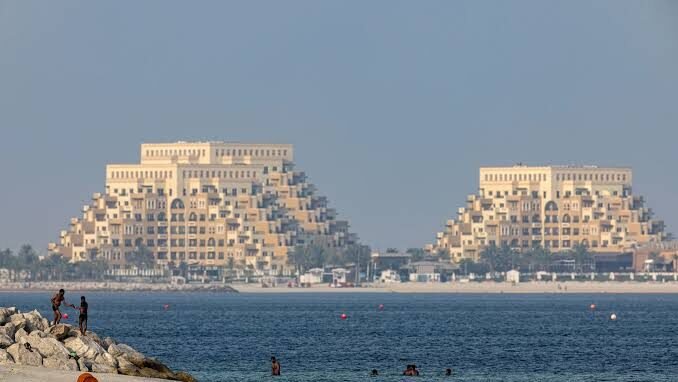Ras Al Khaimah, the northernmost emirate of the United Arab Emirates, is a destination renowned for its natural beauty, blending desert landscapes, towering mountains, and pristine beaches. Beyond its stunning scenery, the emirate holds a deep connection to faith and spirituality. Observing prayer times here is more than a ritual; it’s a cherished tradition that brings moments of tranquility amidst the pace of daily life.
For residents and visitors alike, understanding prayer times in Ras Al Khaimah is essential to align with the cultural and spiritual rhythm of this serene emirate. These prayer times are tied to the movements of the sun, adhering to Islamic practices and reflecting the emirate’s rich heritage.
The Significance of Prayer

Prayer, or Salah, is one of the Five Pillars of Islam and a cornerstone of Muslim faith. It provides a structured pause in the day, allowing worshippers to reflect, seek guidance, and strengthen their connection to the divine. Each prayer serves as a spiritual anchor, fostering discipline and gratitude.

In Ras Al Khaimah, the Adhan—the call to prayer—is a familiar and cherished sound. Echoing from mosques across the emirate, it serves as a soothing reminder to pause, reflect, and engage in prayer. For locals, this call not only marks time but also nurtures a sense of community, as worshippers come together in shared devotion.
Understanding the Daily Prayers
Muslims observe five daily prayers, each with its own unique timing and significance:

1. Fajr (Dawn Prayer):
Performed before sunrise, Fajr symbolizes the start of a new day and a moment to seek blessings for the hours ahead. It is often regarded as the most serene prayer, with the quiet of the early morning amplifying the spiritual connection.
2. Dhuhr (Midday Prayer):
Dhuhr is performed after the sun reaches its zenith. It provides a much-needed pause in the middle of the day, allowing worshippers to reset their focus and find inner peace amidst their responsibilities.
3. Asr (Afternoon Prayer):
Asr takes place in the late afternoon, during a time when shadows lengthen. This prayer is a moment to seek balance and strength, helping individuals stay grounded as they approach the end of the day.
4. Maghrib (Evening Prayer):
Performed just after sunset, Maghrib marks the transition from day to night. It is often accompanied by a sense of gratitude as worshippers reflect on the blessings of the day.
5. Isha (Night Prayer):
The final prayer of the day, Isha, offers a moment of peace and introspection. It allows worshippers to express gratitude and prepare for a restful night, closing the day on a spiritual note.
Mosques: Spiritual and Cultural Landmarks
Ras Al Khaimah is home to a wide range of mosques, from grand architectural masterpieces to smaller, community-oriented spaces. Each mosque serves as a beacon of faith and a gathering point for worshippers.
The Sheikh Zayed Mosque in Ras Al Khaimah is one of the emirate’s most iconic landmarks. Its stunning design, blending traditional Islamic architecture with modern elements, makes it a must-visit destination for anyone seeking to understand the cultural fabric of the UAE. Beyond its beauty, the mosque offers a tranquil space for prayer and reflection.
In addition to large mosques, smaller neighborhood mosques play a vital role in fostering a sense of community. These mosques are often nestled within residential areas, providing easy access for worshippers and creating intimate spaces for spiritual connection.
Staying Updated with Prayer Times
In a bustling world, staying informed about prayer times is crucial for maintaining spiritual discipline. In Ras Al Khaimah, there are multiple ways to access accurate prayer schedules.
Digital platforms, including mobile apps and websites, provide real-time updates on prayer timings. These tools are particularly helpful for visitors who may be unfamiliar with the local schedule. Additionally, most mosques in Ras Al Khaimah display prayer times prominently, ensuring that worshippers always have access to this essential information.
For those who prefer a more traditional approach, the Adhan itself acts as a natural reminder. Its melodious sound, carried through the air, creates a peaceful atmosphere and signals the start of each prayer.
A Unique Spiritual Experience
What sets Ras Al Khaimah apart is the harmony between its natural surroundings and spiritual practices. The emirate’s serene landscapes—ranging from the majestic Jebel Jais mountains to the calming shores of the Arabian Gulf—create an ideal environment for moments of reflection and prayer.
Many residents and visitors find
Do follow Uae stories for more update












